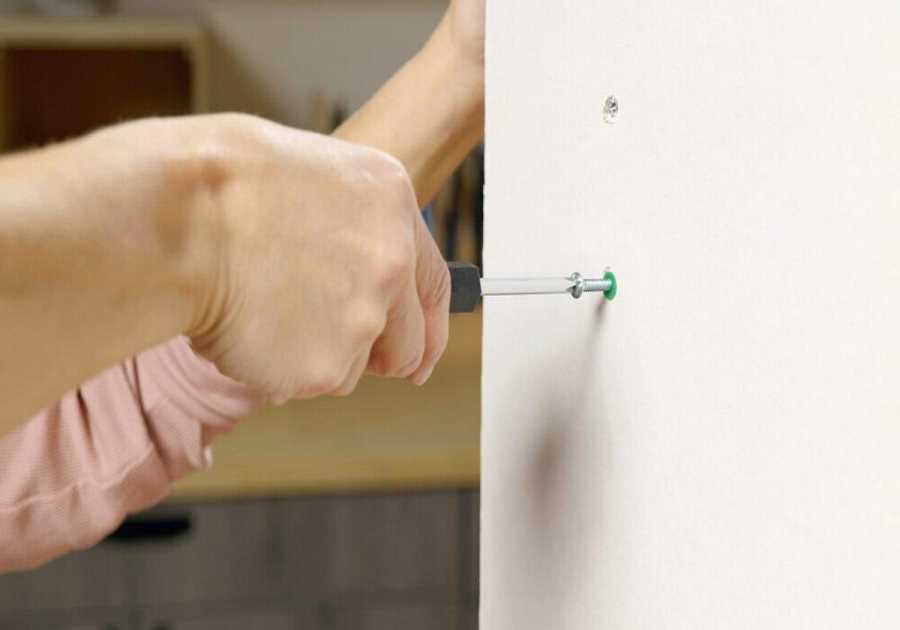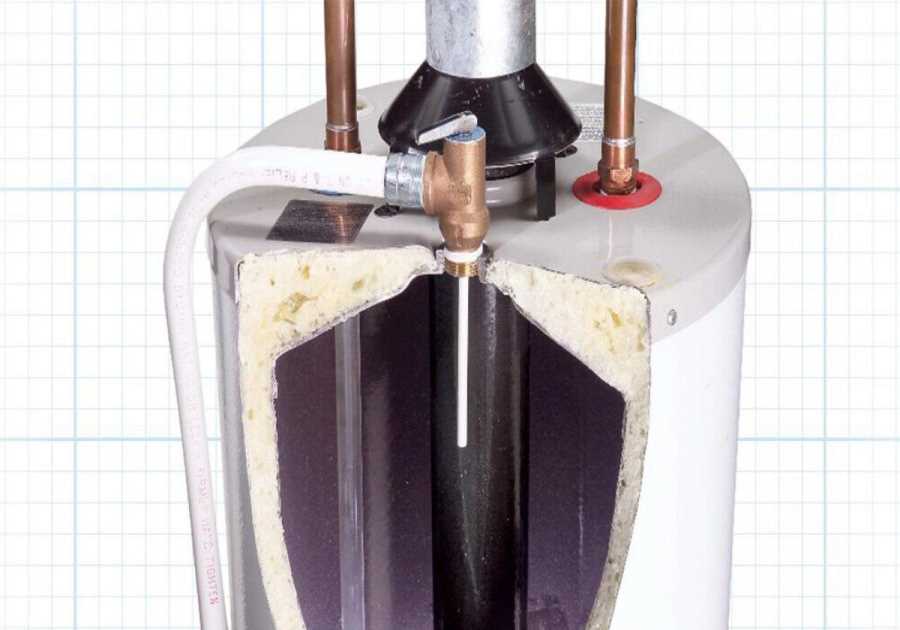Space heaters bring warmth and comfort to frosty winters. They also bring fire risks. The National Fire Protection Association (NFPA) reports that space heaters cause four out of five deaths from home heating fires.
“Space heaters are great appliances to have around to quickly take the chill out of a room, but they require some basic vigilance and smart use,” says Daniel Kosinski, an air filtration merchant at Ace Hardware.
Space heaters can run on either electricity or liquid fuels like propane or natural gas. Electric heaters are the most common secondary heat source in the country, according to the U.S. Energy Information Administration (EIA).
If you’re thinking about buying a space heater, or maybe you’re curious about the safety of one you already own, here’s what you need to know to make a safe choice.
What Makes Space Heaters Unsafe?
All appliances carry some risk. Your washing machine could flood the basement, the toaster could have an electrical short. Space heaters are safe if used safely, but they do have some inherent risks that you should be aware of and mitigate:
Electrical load
A 1,500-watt space heater draws 12.5 amps at 120 volts. That’s a lot — it’s the maximum continuous load allowed by the National Electric Code (NEC) on a 15-amp circuit. That means if you plug a space heater into a wall outlet in your bedroom, everything else, including your lights, TV and gaming platform, should go on a different circuit.
Overloaded circuits can wear down wiring and electrical connections, and are a significant fire hazard. Use a dedicated circuit for a space heater to avoid overloads.
Heating element
Some space heaters use a coil system and fan to heat your space. The coils, which get red-hot, are guarded but not always sealed inside. Flammable materials like curtains, bedding and paper products that drift too close could catch fire. Keep space heaters away from kids and pets, especially if the heater gets hot to the touch.
Dust accumulation
Space heaters that use fans can pick up pet allergens, dust and mold spores and distribute them everywhere. The heater itself can also get dirty. Lasko, maker of home comfort products, suggests cleaning your space heater regularly with a vacuum and brush attachment. Don’t disassemble the heater, or you may void your warranty.
Safest Space Heater
Each type of heater has different risks based on design and functionality, according to Ace Hardware in partnership with Lasko, so it’s important to pick a heater type based on your individual situation.
Safest space heater for the bedroom
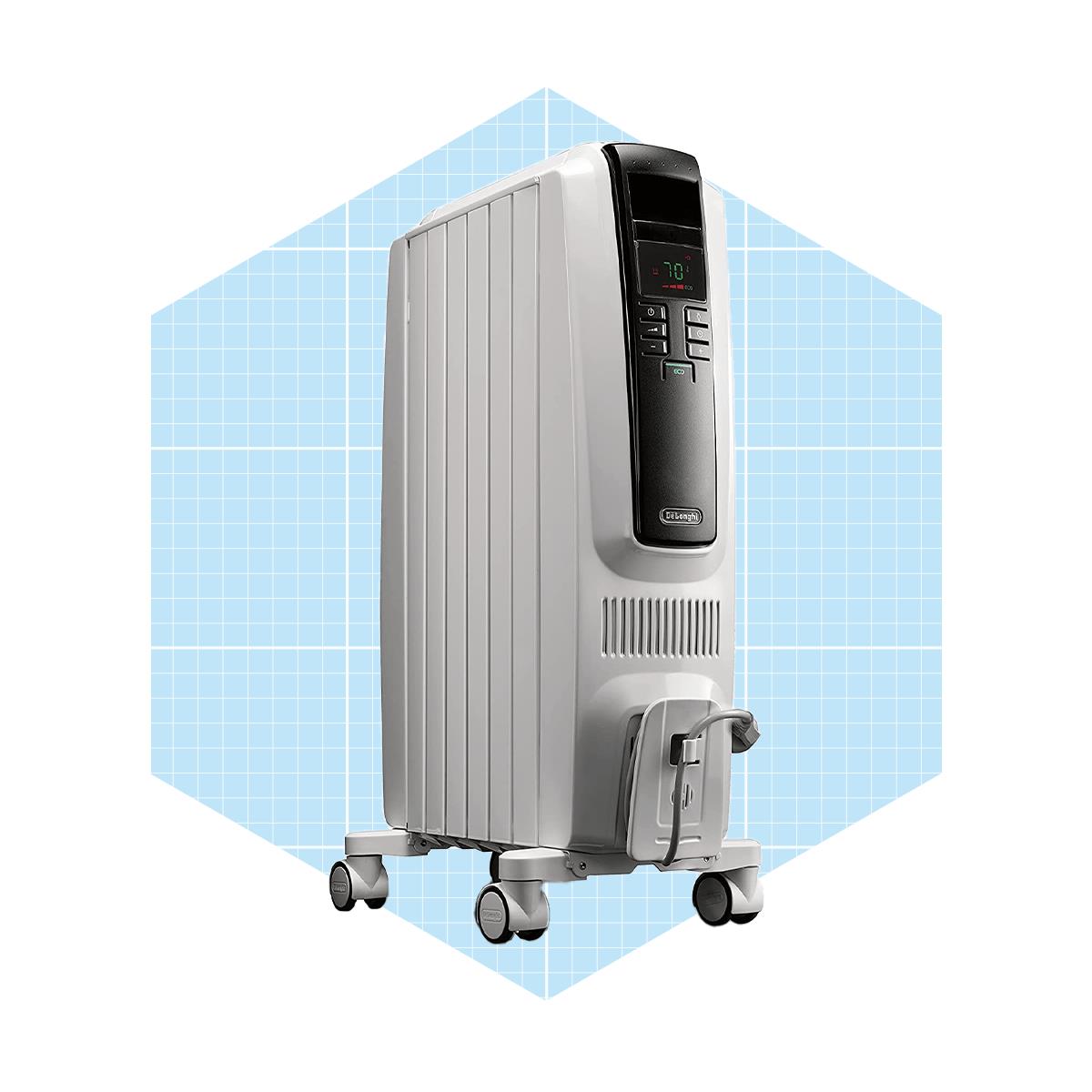
The NFPA says, never fall asleep with a space heater running. Set the timer on the DeLonghi TRD40615E Full Room Radiant Heater, for example, and go to bed without worry.
Oil-filled space heaters are quieter than ceramic heaters because they don’t have a fan. And because they heat the oil inside the heater rather than blowing air over the heating element, they radiate heat after they’re turned off, making them a perfect choice for chilly bedrooms.
Safest space heater for the bathroom
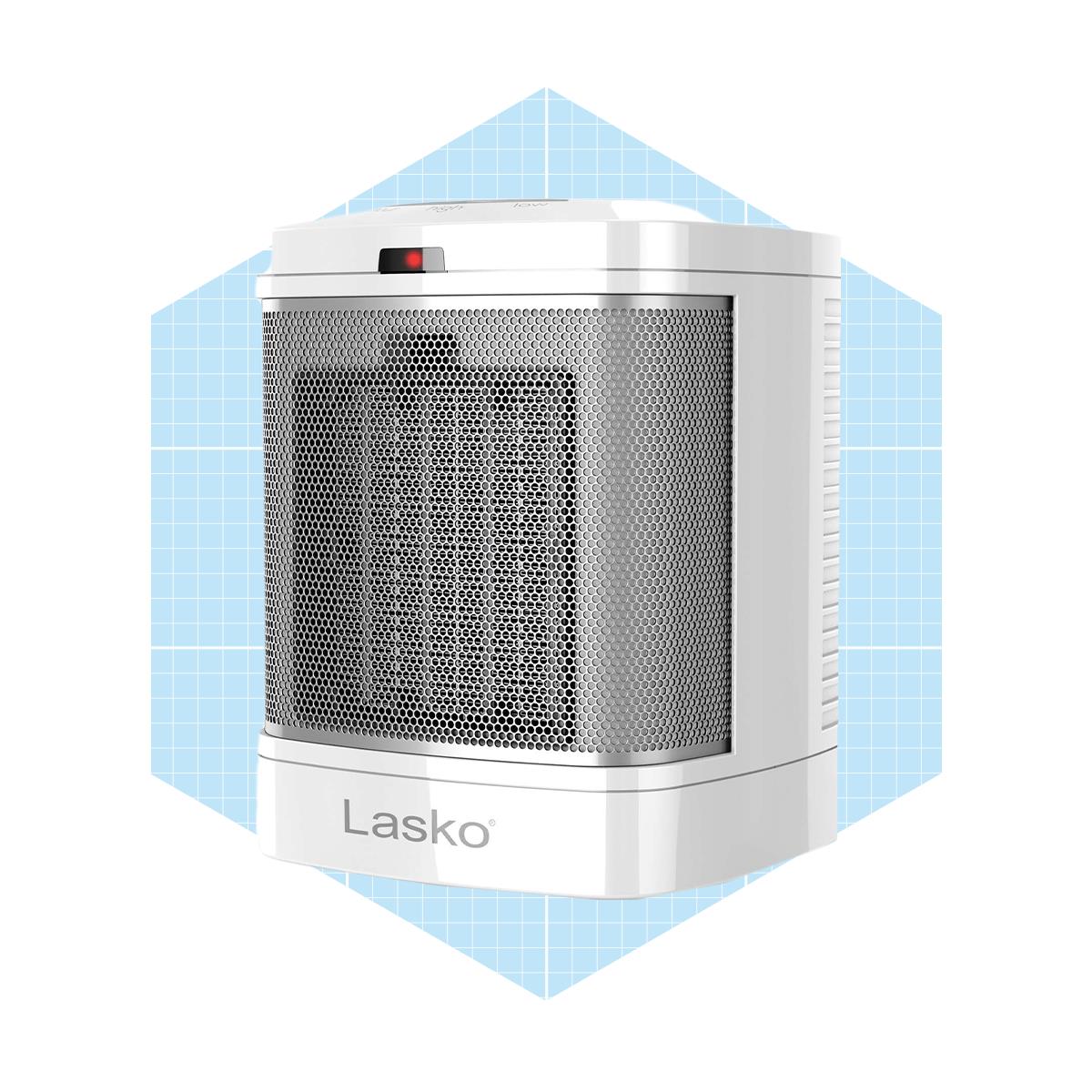
If you’re looking for bathroom warmth, Lasko’s ceramic bathroom heater features an appliance leakage current interrupter (ALCI) on the plug, which will lessen the chance of shock if the heater gets wet. With a cool-touch exterior, three heat settings and an auto-shutoff feature, it’s also an affordable option, coming in at less than $50.
Safest space heater around kids
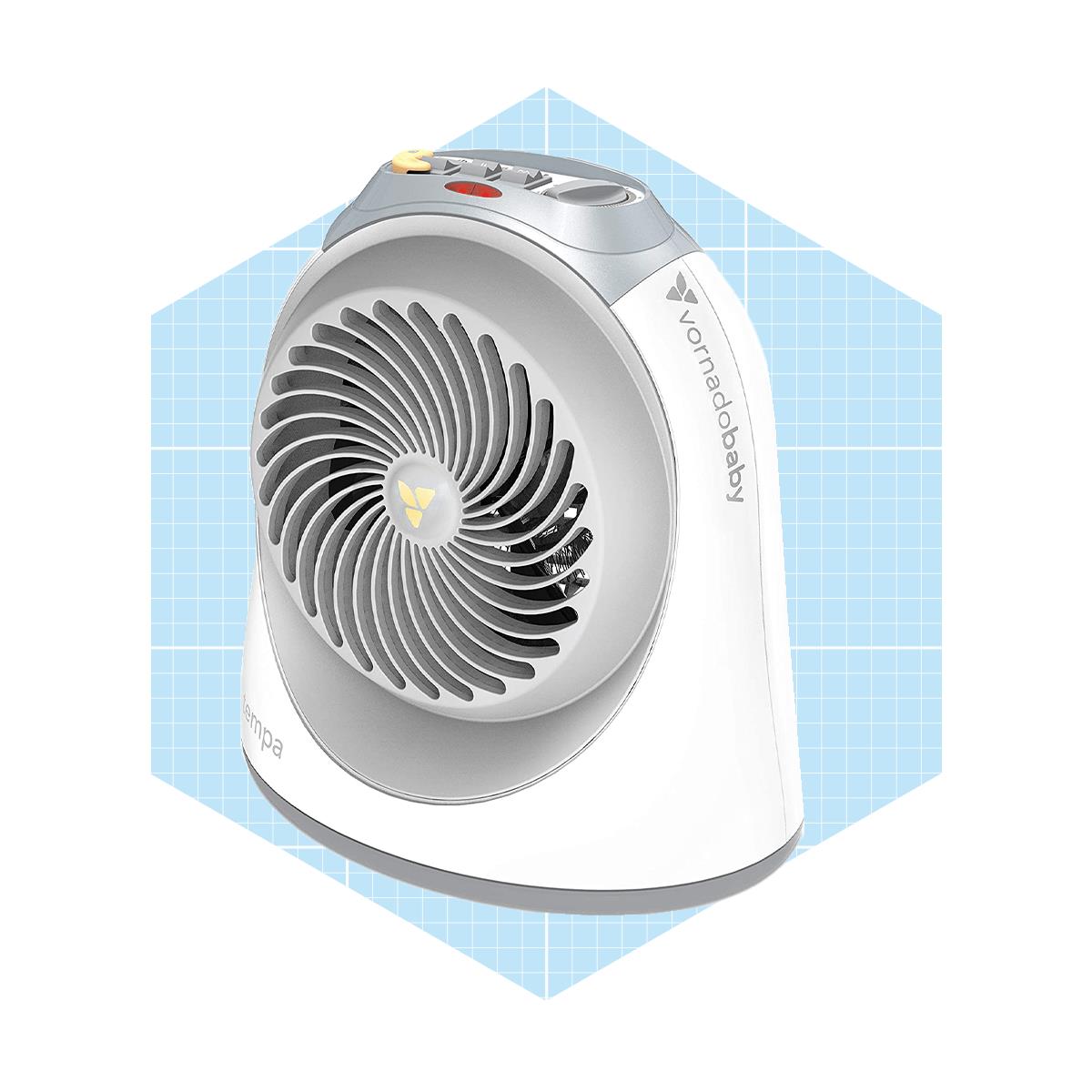
Using space heaters in kids’ rooms requires extra safety vigilance. The Vornadobaby Tempa Nursery Heater offers lock-out controls, anti-tip protection and auto-shutoff features, and gets rave reviews on Amazon.
How To Use a Space Heater Safely
Space heaters are only as safe as their users. If you’re going to warm your chilly spaces with a space heater this winter, take precautions. The NFPA offers these tips:
- Look for heaters certified by an accredited testing laboratory, like UL.
- Keep space heaters at least three feet from flammable objects (and people).
- Place the heater on a solid, flat surface. Make sure it has an anti-tip device and a safety shut-off.
- Plug space heaters directly into a receptacle outlet; never use extension cords or power strips.
- Choose a heater with a thermostat and overheat protection.
- Turn off and unplug space heaters when unattended. Never go to bed with a space heater on.



